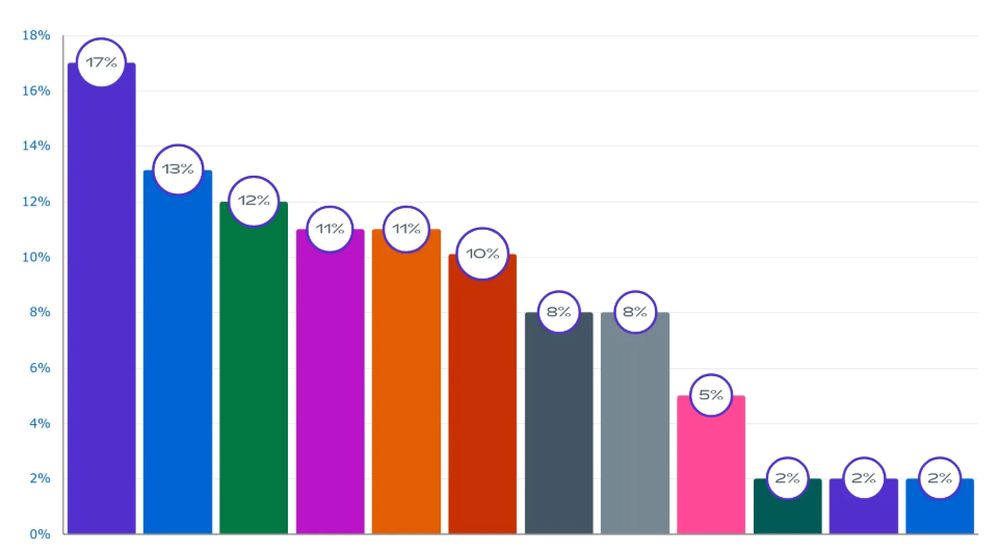- within Law Department Performance, Family and Matrimonial and Antitrust/Competition Law topic(s)
Implementing AI in organisations presents several challenges that can hinder its successful adoption. The survey data highlights several key challenges organisations face when implementing AI.
Due to the complexity of aligning with the Act's requirements - particularly in the absence of finalised technical standards - many in the industry are calling for a delay in its implementation. While no formal extensions have been confirmed, this uncertainty is contributing to a cautious approach among organisations preparing for compliance.
Data Privacy and Security (17%) emerges as the most significant challenge, underscoring the critical need for robust measures to protect sensitive information and ensure compliance with privacy regulations.
AI Literacy and Awareness (13%) is another major hurdle, indicating that many organisations may still be struggling with a lack of understanding and knowledge about AI technologies. AI literacy is crucial for organisations aiming to successfully implement and leverage AI technologies, as it enables informed decision-making, fosters collaboration, drives innovation, mitigates risks, empowers employees, ensures ethical use, and enhances adaptability. Investing in AI literacy is essential for maximising the benefits of AI and achieving long-term success in the digital age.
Identifying Potential Use Cases (12%) highlights that many organisations might feel that they need to be seen as implementing AI to keep up with their competitors, but may struggle to identify where AI usage can really add value for their organisation.
Data Cleansing and Management (11%) can be a significant challenge. Organisations that have previously been required to conform to data governance requirements, such as banks and insurers, may be at a significant advantage on this front.
Additionally, organisations must navigate legal, ethical, and resource-related challenges to fully leverage AI technologies.

DATA PRIVACY AND SECURITY 17%
AI LITERACY AND AWARENESS 13%
IDENTIFYING POTENTIAL USE-CASES 12%
DATA CLEANSING AND MANAGEMENT 11%
LEGAL COMPLIANCE OR LIABILITY CONCERNS 11%
INTELLECTUAL PROPERTY AND CONFIDENTIALITY PROTECTION 10%
POTENTIAL FOR ETHICAL OR RIGHTS ISSUES 8%
BUDGET AND RESOURCE RESTRAINTS 8%
RESISTANCE TO CHANGE 5%
DON'T KNOW WHERE TO START 2%
OVERCOMING BOARD HESITATION 2%
OTHER 2%
Attitudes to Regulatory Divergence
Another challenge with the implementation of AI is the growing regulatory divergence between the EU, the US and China. This divergence creates complexities for multinational organisations, as they must navigate and comply with varying legal requirements, adapt their AI strategies to different regulatory environments, and manage the associated costs and risks. Balancing these diverse regulatory demands while maintaining consistent AI practices globally is a significant hurdle for organisations aiming to leverage AI effectively.
Despite challenges to the global order, organisations, both domestic and international, are still seeing the EU as the primary source of AI regulation.

This article contains a general summary of developments and is not a complete or definitive statement of the law. Specific legal advice should be obtained where appropriate.


